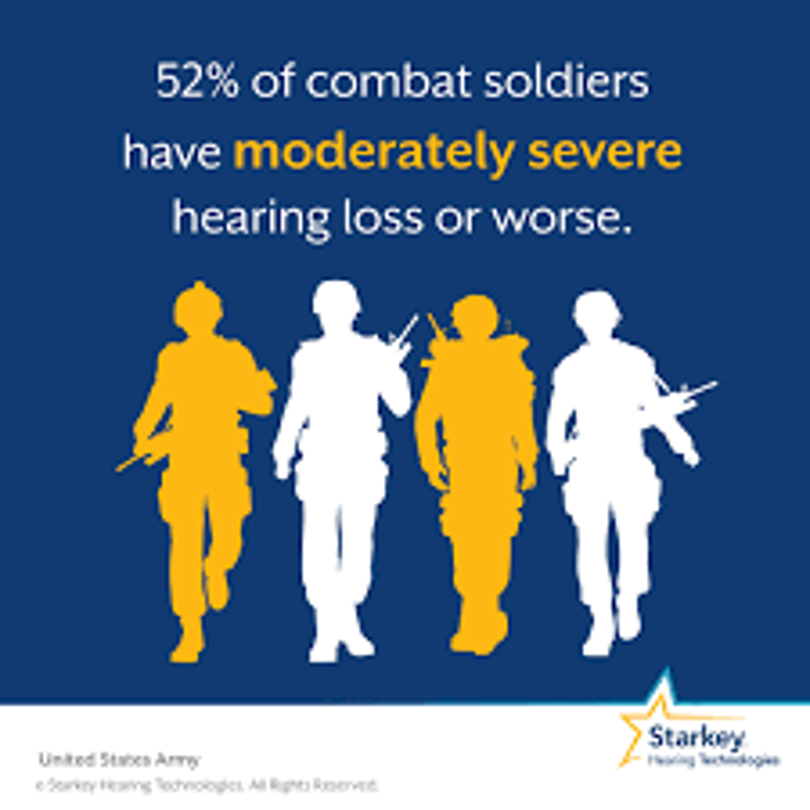From the Labs to the Clinics
From the Labs to the Clinics
Renowned auditory researcher Dr. Robert Harrison brings us up to date on information and research from the Labs. Appropriately titled “From the Labs to the Clinics”, Bob is involved in laboratory and applied/clinical research, including evoked potential and otoacoustic emission studies and behavioural studies of speech and language development in children with cochlear implants. For a little insight into Bob’s interests outside the lab and the clinic, we invite you to climb aboard Bob’s Garden Railway.
Does Noise Exposure In Our Youth Come Back To Haunt Us Later In Life?
Do you remember all the hype, a decade or two back, about the damaging effects of personal entertainment devices; (MP3 players; I-pods) and noisy public entertainment venues (pop concerts; sporting arena events, etc.)? There was a flourish of PR campaigns, including numerous web-based information sites (e.g., Dangerous Decibels http://dangerousdecibels.org/) warning about of danger of noise induced hearing loss. I remember publishing some scholarly review papers myself on this subject.1,2

There was one pervasive idea that even with sound exposure levels that could damage hair cells, hearing loss may not be noticed immediately if cochlear lesions occur in very high-frequency regions. However, the effects of this damage may become evident much later in life as age-related hearing loss progresses. In other words, hearing in lower frequency regions is affected when early basal cochlea damage spreads apically. It was suggested that early noise exposure might initiate an early onset of presbycusis or make its progression more rapid.
I thought we had “moved on” from these initial concerns, and that public awareness has attenuated. Perhaps as audiologists you think differently and still encounter and address these issues professionally?
In any case, there is still a maintained academic interest in whether noise exposure history impacts hearing loss at a later age. In my quest for recent studies related to audiology, for a discussion in Canadian Audiologist, I found a 2025 paper in JAMA Otolaryngol HNS, titled “Noise Exposure History and Age-Related Changes to Hearing.”3 In a longitudinal study, a cohort of 1347 subjects with various degrees of noise exposure (some during military service) were tested about 5 years later. The research concluded that early noise exposure was associated with an increased rate of hearing decline; early exposure can have long-term negative impacts on hearing.
A related study was published in the International Journal of Environmental Research and Public Health (2021) by Brian Moore (Head of the Cambridge Hearing Group). This paper is titled “The Effect of Exposure to Noise during Military Service on the Subsequent Progression of Hearing Loss”4 and was a “revisit” of eight studies in which military veterans were followed up after their initial noise exposure. The combined sample size in these studies numbered several thousand. The conclusion was that exposure to high-level sounds (during military service) accelerates the progression of hearing loss after the exposure has ceased.
There is still much to be learned about the physiological mechanisms that can cause significant hearing loss after a much earlier episode of moderate noise exposure. One significant clue comes from animal (mice) studies by Kujawa and Liberman5 who reported that noise over-exposure in early life subsequently made the ears more vulnerable to aging effects. In this case, the initial cochlear damage was caused by inner hair cell synapses and the connection of cochlear afferent neurons. Some have labelled this damage a “hidden hearing loss,” which perhaps becomes un-hidden with age and manifests as presbycusis.
Whatever the mechanism (and there may be many), there can be a long-term progression of hearing loss after early noise exposure. Unfortunately, there are many circumstances (legal and administrative) when this notion is not appreciated and is sometimes denied (by so-called experts). This happens in, for example, medico-legal claims that a hearing loss was caused by negligence, medical insurance claims about military noise exposure; workers compensation board claims about industrial noise exposure. If you are ever requested to give an opinion on this matter, please try and fully consult the available scientific evidence, and not “alternative facts”. Lol.
References
- Harrison RV. (2008). Noise-induced hearing loss in children: A ‘less than silent’ environmental danger. Paediatrics & Child Health, Volume 13, pages 377-382, https://doi.org/10.1093/pch/13.5.377
- Harrison, R. V. (2012). The prevention of noise induced hearing loss in children. International journal of pediatrics, 2012(1), 473541.
- Dillard LK, Humes LE, Matthews LJ, Dubno JR (2025). Noise Exposure History and Age-Related Changes to Hearing. JAMA Otolaryngol Head Neck Surg. 2025; 151(3):228-235. 10.1001/jamaoto.2024.4768
- Moore, B. C. J. (2021). The Effect of Exposure to Noise during Military Service on the Subsequent Progression of Hearing Loss. International Journal of Environmental Research and Public Health, 18(5), 2436. https://doi.org/10.3390/ijerph18052436
- Kujawa SG, Liberman MC. (2006). Acceleration of age-related hearing loss by early noise exposure: evidence of a misspent youth.J Neurosci. 2006 Feb 15;26(7):2115-23. doi: 10.1523/JNEUROSCI.4985-05.2006.


